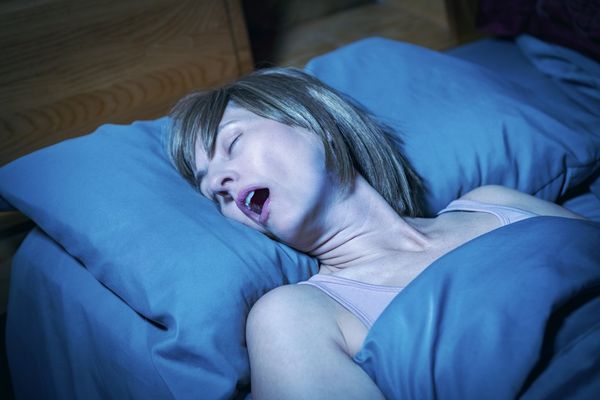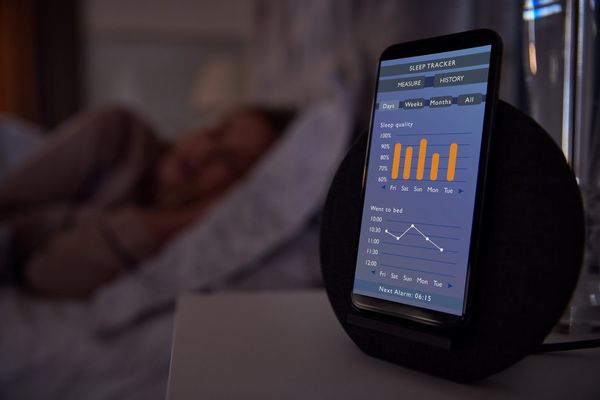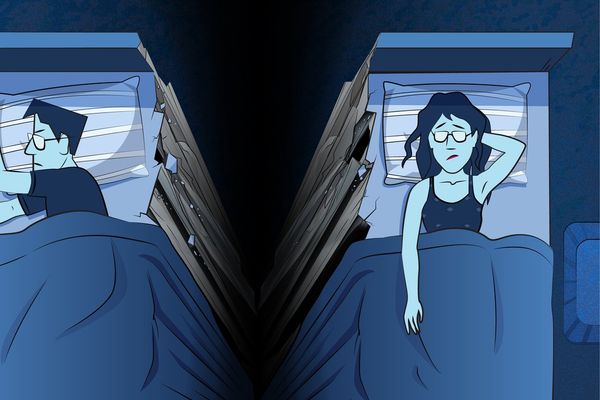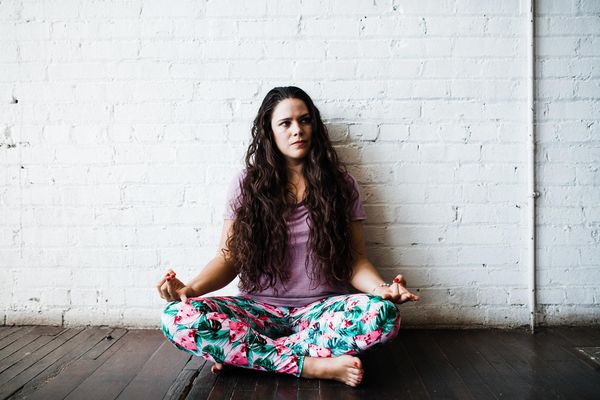You've heard the phrase circadian rhythm. Whether you know what it means or not, it's important to your overall well-being.
Circadian rhythms are the numerous processes in the body that follow a 24-hour schedule. Several processes are timed to light and darkness patterns like hormone levels, body temperature and metabolism.
"Think of your circadian rhythm as your body's internal clock," says Kalle Simpson, CEO of NIGHT, New York-based maker of luxury sleep products. "It triggers feelings of sleepiness and alertness, among other physical and behavioral changes, within a 24-hour cycle."
Circadian rhythm matches what happens in your body to what's going on outside. "It's genetically determined and influenced by light exposure, which may vary seasonally," says Brandon Peters, MD, FAASM, an adjunct lecturer at Stanford University in California and a sleep physician at Virginia Mason Medical Center in Seattle.
Thanks to your circadian rhythm, you're typically tired the same time each night and ready to wake up at the same time. "Focus on a fixed wake time and go to bed feeling sleepy, at about the same time each night," says Dr. Peters. That way your body can anticipate and prepare for wake and sleep.
"I know personally how difficult it is to fall asleep and wake up at the same time every day; schedules are never predictable," says Simpson. "Do the best you can and make your bed a sleep sanctuary so that it gets you in the mood for shut-eye. Think: dark colors and comfortable bedding."
Dr. Peters adds that it's important to let the sun shine in when you wake up. "Get 15 to 30 minutes of sunlight exposure upon awakening (or at sunrise)," Dr. Peters says.
Circadian rhythm disruptors
Light exposure is the biggest factor that impacts circadian rhythm, according to Dr. Peters, but there are other things that can disrupt your sleep-wake cycles.
- It shouldn't be surprising that sipping on that cup of java while you eat dessert may interrupt your sleep. Caffeine can stay in your system for four to six hours, says Dr. Peters. So that midafternoon coffee run can haunt you. Also aim to avoid caffeine sources like cola, root beer, tea and chocolate. And don't forget those coffee-flavored treats, which can give you a dose of caffeine. If you find that you're sensitive to caffeine, stay away from it in the afternoon as well as the evening. Because it takes about two hours for the stomach to empty, avoid eating during the hours before you plan to go to sleep, says Dr. Peters. Learn more about the secrets of good sleepers.
- Put down the burger, fries, pizza and other fatty foods before bed. Fattier meals can disrupt your sleep cycle. Why? Foods high in fat can give you stomach discomfort or heartburn. And that can make it tough to fall asleep. In fact, a study found that eating too much saturated fat is linked to sleep that's lighter and more wakeful. "If you need a snack before bed, eat a banana," says Simpson. "It's a good source of potassium, magnesium and tryptophan, which promote sleep by calming your muscles and encouraging production of serotonin."
- A hot bath may feel soothing before bed. But it raises your skin temperature and eventually lowers your core body temperature. If you want to bathe, do so 60 to 90 minutes before bedtime.
Circadian rhythm and your health
Circadian rhythm does more than control your slumber. It impacts your hormones, body temperature and appetite. When you interfere with those rhythms, your body can get confused. Think of shift workers who work nontraditional hours. They have to eat and sleep when their body may not be prepared to do so. That can cause health issues.
Disrupting your circadian rhythm can elevate your insulin levels, which can lead to insulin resistance. Here, your body isn't as sensitive to insulin, a hormone that helps your body absorb glucose, aka blood sugar, from your bloodstream. Your pancreas needs to produce more insulin to absorb the glucose. Your body can't keep up. That may lead to diabetes.
When your sleep is out of whack, your appetite is impacted. Michael J. Breus, PhD, is a clinical psychologist who is a diplomate of the American Board of Sleep Medicine and a fellow of the American Academy of Sleep Medicine and author of The Sleep Doctor's Diet Plan. He says four factors lead to weight gain based on sleep deprivation. They are:
- a spike in appetite due to an increase in cortisol
- an increase in the hormone ghrelin (the hormone for hunger)
- a decrease in leptin (the hormone that tells you that you're full)
- a slower metabolism
It can also affect your mood. When you deprive your body of sleep or are exposed to long periods of darkness, that messes with your body clock. That may be why shift workers are more likely to be depressed and suffer more severe symptoms of depression, according to a study.







